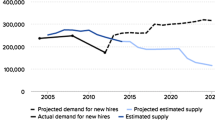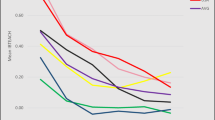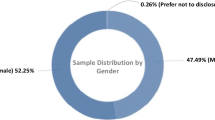Abstract
If elections are the hallmark of democracy, political science teachers should not forgo the opportunity to do something with them when they are taking place around the corner. This article therefore seeks to encourage teachers to engage students in doing exit polls within the framework of introductory courses in comparative politics. Exit polls are a perfect way to implement a problem-based type of learning within the political science curriculum and connect theory to practice, as well as bringing together academia and the local community. Below we outline the organisation of two exit polls that were conducted at a Dutch liberal arts college in 2006 and 2007 within the framework of a national and a provincial election. We discuss the logistics of organising the poll both outside and inside the classroom and propose a strategy and timetable to involve the class in drafting the survey. On the basis of student evaluations of the polling experience, we conclude that students are fairly positive about being engaged in such polls and notice that the learning effect is greatest for students early on in their academic career.
Similar content being viewed by others
References
Bain, K. (2004) What the Best College Teachers Do, Cambridge, MA: Harvard University Press.
Cole, A. (2003) ‘To survey or not to survey; the use of exit polling as a teaching tool’, PS: Political Science and Politics 36: 245–252.
Evans, J. and Lagergren, O. (2007) ‘See you at the polls. Exit polling as a tool for teaching research methods and promoting civic engagement’, Paper for Teaching and Learning Conference of the APSA, Charlotte, NC.
Fink, L.D. (2003) Creating Significant Learning Experiences, San Francisco: Jossey-Bass.
Gregory, J., Mattern, M. and Mitchell, S. (2001) ‘From Ivory tower to urban street: using the classroom as a community research and development tool’, PS: Political Science and Politics 34: 119–124.
Jones, L.P. and Meinhold, S. (1999) ‘The secondary consequences of conducting polls in political science classes’, PS: Political Science and Politics 32: 603–606.
Author information
Authors and Affiliations
Rights and permissions
About this article
Cite this article
Lelieveldt, H., Rossen, G. Why Exit Polls Make Good Teaching Tools. Eur Polit Sci 8, 113–122 (2009). https://doi.org/10.1057/eps.2008.46
Published:
Issue Date:
DOI: https://doi.org/10.1057/eps.2008.46




